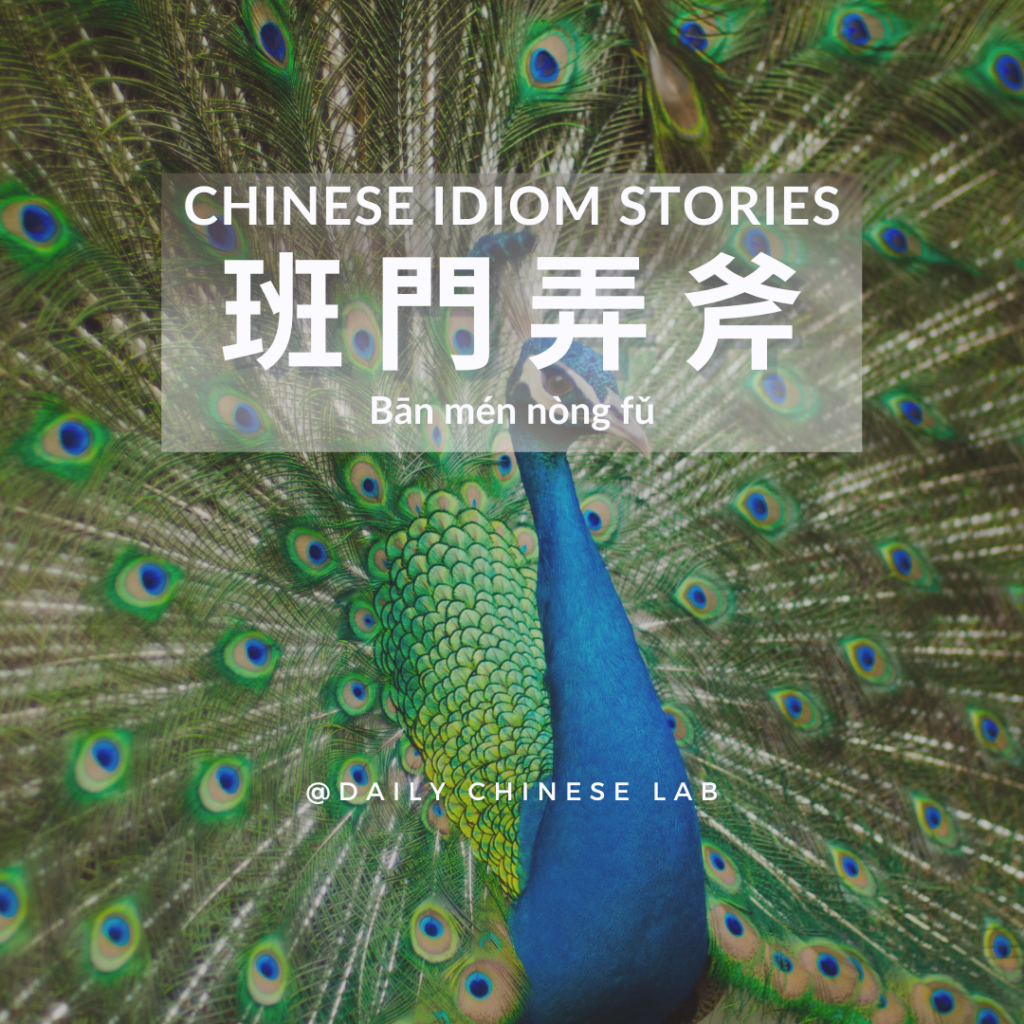Idiom: 打草驚蛇 (dǎ cǎo jīng shé)
Literal Meaning: “Stir the grass and startle the snake.”
Explanation: 打草驚蛇 (dǎ cǎo jīng shé) means to inadvertently alert an enemy to your plans or intentions.
Chinese Idiom Stories
Long ago, a man in a village suspected his neighbor of stealing money. However, he had no evidence. To catch the thief, he came up with a plan. He spread rumors that a fortune-teller had magical powers to reveal thieves.
Fearing exposure, the thief became nervous and acted suspiciously. The neighbor’s strange behavior confirmed the man’s suspicions, and he was caught.
The phrase 打草驚蛇 originates from this idea of taking action that indirectly reveals someone’s guilt or intentions, often unintentionally.
Idiom Example Sentences
- 他在調查時太心急,結果打草驚蛇,讓嫌疑人逃跑了。
- He was too impatient during the investigation, which startled the suspect into fleeing.
- Tā zài diàochá shí tài xīnjí, jiéguǒ dǎ cǎo jīng shé, ràng xiányí rén táopǎo le.
- 我們要小心,不要打草驚蛇,讓對方察覺我們的計畫。
- We need to be cautious not to startle them and let them discover our plan.
- Wǒmen yào xiǎoxīn, bùyào dǎ cǎo jīng shé, ràng duìfāng chájúe wǒmen de jìhuà.
Practice Exercise
- Why did the man spread rumors about the fortune-teller?
- What lesson can be learned from the story of 打草驚蛇?
- Write a sentence using 打草驚蛇 to describe a situation where premature action caused complications.
Multiple Choice Questions
Which scenario best illustrates 打草驚蛇?
A) Carefully planning a surprise party without anyone knowing.
B) Announcing a secret investigation too early, causing the culprit to hide.
C) Solving a problem quickly and efficiently.
D) Asking for help from a trusted friend.
(Answer: B)









